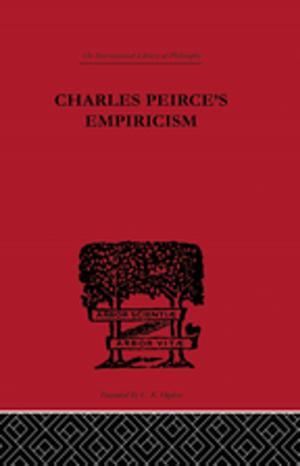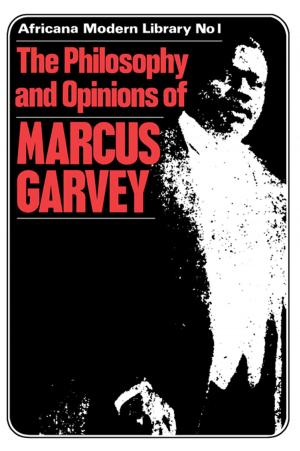Performance and Practice
Oral Narrative Traditions Amongst Teenagers in Britain and Ireland
Nonfiction, Social & Cultural Studies, Social Science| Author: | Michael Wilson | ISBN: | 9780429823695 |
| Publisher: | Taylor and Francis | Publication: | December 20, 2018 |
| Imprint: | Routledge | Language: | English |
| Author: | Michael Wilson |
| ISBN: | 9780429823695 |
| Publisher: | Taylor and Francis |
| Publication: | December 20, 2018 |
| Imprint: | Routledge |
| Language: | English |
First published in 1997, this volume takes a dive into methods of teenage storytelling, including questions of believability, fashionability, rebellious spirit, the supernatural, personal narratives and riddles, along with an archive of texts collected by the author intended to illuminate and inform the analysis. It builds on the extensive work of Peter and Iona Opie on the same subject involving children of all ages and explores connections to folklore and narrative variations from a performative perspective. Michael Wilson shares their findings that children continue to cherish their traditional lore in the face of modern technological entertainment. His study is similar in responding to the poor status and even denial of a teenage narrative tradition, inspired by both short and extended narratives which he experienced daily. Wilson hoped to give academic depth and breadth to the storytelling renaissance and giving teenage storytellers their rightful place in our ongoing oral narrative tradition.
First published in 1997, this volume takes a dive into methods of teenage storytelling, including questions of believability, fashionability, rebellious spirit, the supernatural, personal narratives and riddles, along with an archive of texts collected by the author intended to illuminate and inform the analysis. It builds on the extensive work of Peter and Iona Opie on the same subject involving children of all ages and explores connections to folklore and narrative variations from a performative perspective. Michael Wilson shares their findings that children continue to cherish their traditional lore in the face of modern technological entertainment. His study is similar in responding to the poor status and even denial of a teenage narrative tradition, inspired by both short and extended narratives which he experienced daily. Wilson hoped to give academic depth and breadth to the storytelling renaissance and giving teenage storytellers their rightful place in our ongoing oral narrative tradition.















